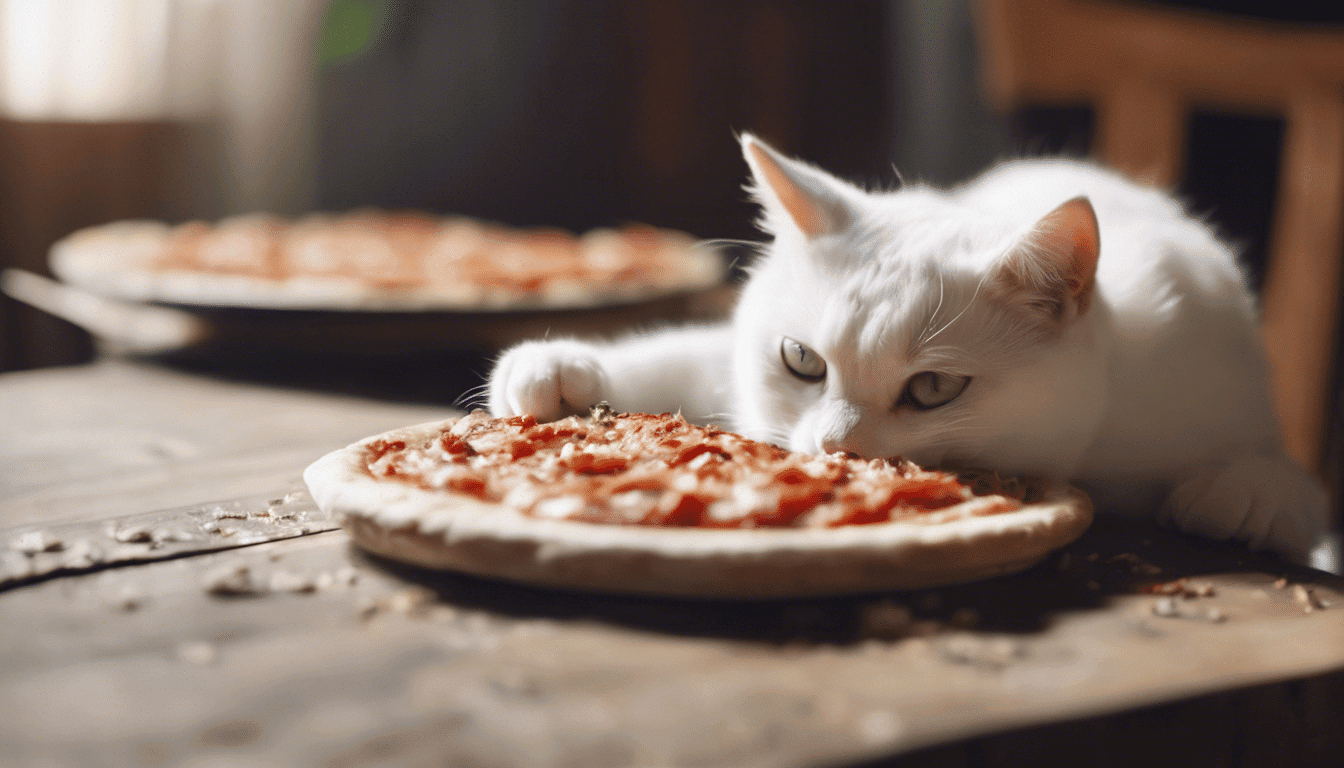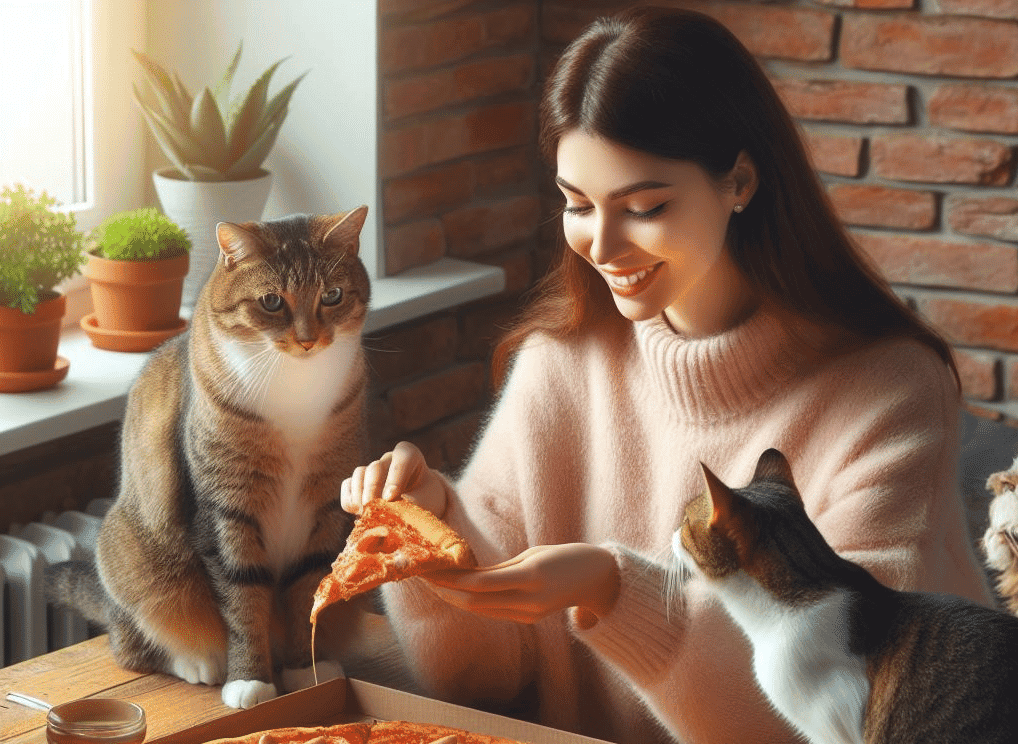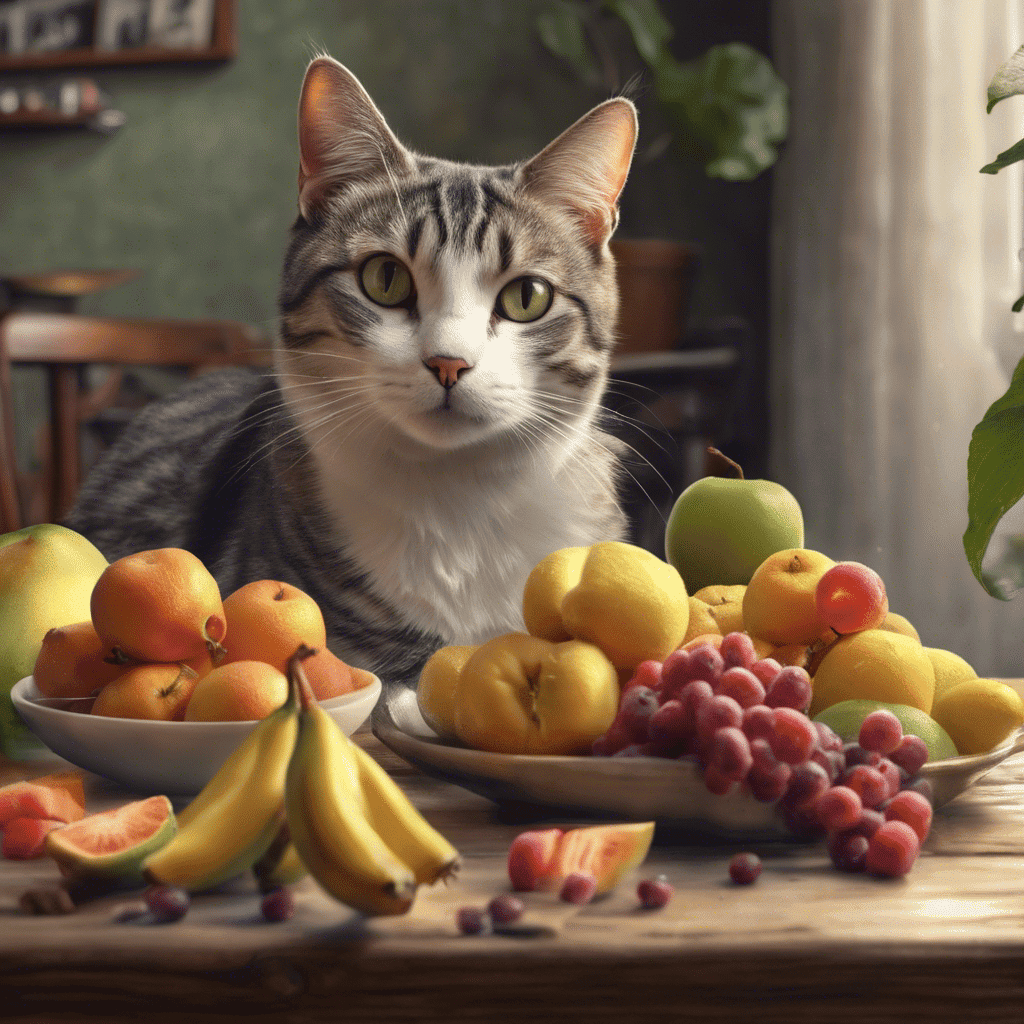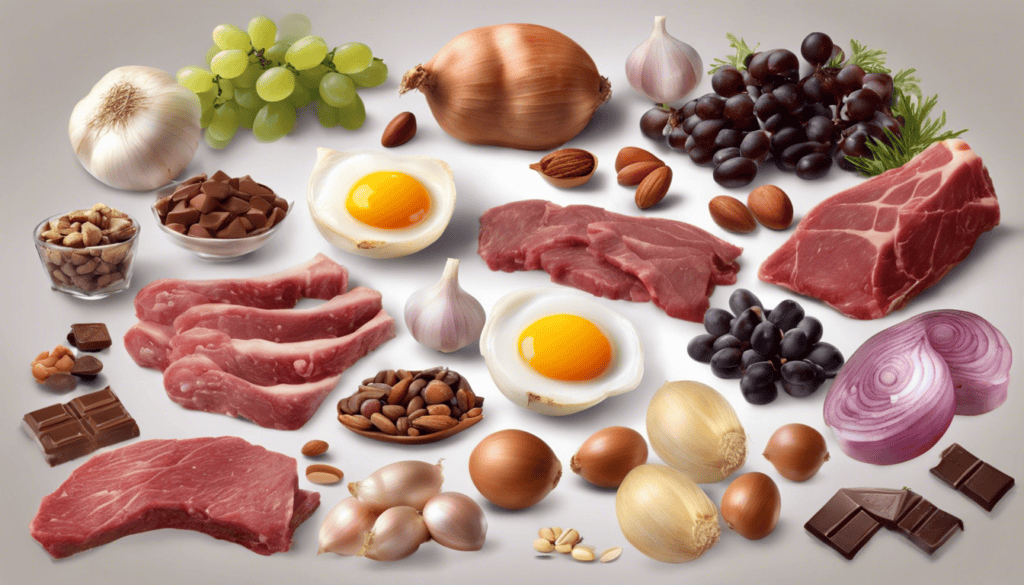VerdictPizza crusts are generally safe for cats to eat when given in small amounts which should be given as a treat once in a while and not a substitution for a balanced diet.
As a devoted cat owner, you’ve likely experienced those moments when your feline companion eyes your food with intense curiosity, particularly when you’re enjoying a slice of pizza – which might lead you to question, “Can cats eat pizza crust?”
Perhaps you’ve thought about tossing a piece to your furry friend, but hesitated, unsure if it’s a good idea. This question is more than just a passing thought; it reflects a deeper concern for your cat’s well-being. Understanding what foods are safe and healthy for cats is essential for their long-term health.
Pizza crust is a common human snack, but does it fit into a cat’s diet safely? This article will provide insights into whether pizza crust is appropriate for your feline friend.
Whether you’re a new cat owner or a seasoned pet parent looking to refresh your knowledge, our comprehensive guide aims to answer your questions and provide helpful tips to keep your cat healthy and happy. So before you share that bite of crust, read on to learn all you need to know about cats and pizza crust.

Pizza Crust: A Safe Option for Cats?
When it comes to pizza, cats should tread carefully. While the toppings and sauces commonly found on pizzas can be harmful to cats, what about the pizza crust itself?
Can cats safely indulge in this crunchy treat?
The good news is that cooked pizza crust is generally safe for cats to eat in small amounts. The crust is typically made from basic ingredients like flour, water, yeast, and salt, which are not toxic to cats.
However, it’s important to note that pizza crust should only be offered as an occasional treat and not as a substitute for a balanced feline diet.
Pizza crust, primarily made of carbohydrates, doesn’t offer the necessary nutrients for feline health.
Therefore, it’s best to provide your cat with healthier alternatives that meet their nutritional needs.
If you want to spoil your feline friend with delicious treats, consider offering them cooked, lean meats like chicken or fish. These options are not only safe for cats but also provide them with the protein they require.
Ingredients in Pizza Crust
When it comes to considering whether cats can eat pizza crust, it’s important to delve into the ingredients that make up this popular food item. As a responsible pet owner, I always make sure to understand what goes into the foods I feed Doofy.
Here are some common ingredients found in pizza crust and their potential effects on cats:
- Flour: The main ingredient in pizza crust is typically flour, which is a source of carbohydrates. Cats, as obligate carnivores, do not need a high-carb diet, so consuming flour may not provide them with essential nutrients.
- Yeast: Yeast is used in pizza dough to make it rise. While small amounts of yeast are usually safe for cats, excessive consumption can lead to digestive issues like bloating and gas.
- Salt: Most pizza crusts contain salt for flavor. Cats have a low salt tolerance, and excessive intake can lead to sodium ion poisoning. It’s best to avoid feeding salty foods to cats.
- Sugar: Some pizza crust recipes include sugar for sweetness. Cats do not have a sweet tooth like humans and do not need added sugars in their diet. Excessive sugar can contribute to obesity and dental problems in cats.
- Oils: Oils are often used in pizza crust to achieve the desired texture. While small amounts of certain oils are safe for cats, too much fat can lead to digestive upset.
By being aware of the ingredients in pizza crust and their potential effects on feline health, we can make informed decisions about what foods are safe to share with our cats and ensure their well-being is always a top priority.

Benefits of Avoiding Pizza Crust for Cats
As a cat parent, I understand the significance of carefully selecting treats that align with my feline companion’s nutritional requirements.
Delving deeper into the advantages of excluding pizza crust from my cat’s diet sheds light on the positive impact such decisions can have on their overall health and happiness.
Let’s explore the comprehensive benefits of steering clear of pizza crust and opting for healthier treat alternatives for our cats 🐱:
- Comprehensive Nutrition: By steering clear of pizza crust, which lacks the essential nutrients tailored to cats’ obligate carnivore diet, we can ensure that our furry friends receive a well-rounded and nutritionally complete diet. Opting for high-quality cat food that meets their protein, taurine, and essential fatty acid requirements is crucial for their overall well-being.
- Weight Control and Obesity Prevention: Pizza crust, rich in carbohydrates and fats, can contribute to excess calorie intake and weight gain in cats if consumed frequently. Avoiding calorie-dense treats such as pizza crust supports weight management goals, reduces the risk of obesity, and promotes a healthy body condition in our feline companions.
- Digestive Harmony: Cats’ sensitive digestive systems may struggle with processing unfamiliar ingredients like those found in pizza crust, leading to digestive discomfort and potential gastrointestinal issues. By omitting potentially disruptive elements like gluten and excessive fats from their diet, we can promote digestive health and harmony in our cats.
- Allergy and Sensitivity Management: Some cats may exhibit allergies or sensitivities to common ingredients in pizza crust, such as dairy products or certain spices. By excluding potential allergens, we can prevent allergic reactions, skin irritations, and digestive disturbances in our sensitive feline friends, ensuring their comfort and well-being.
- Exploration of Healthier Treat Options: Instead of offering pizza crust as a treat, we can explore a myriad of healthier alternatives that cater to our cats’ nutritional needs and innate behaviors. Treat options like freeze-dried meat snacks, interactive puzzle feeders, or homemade catnip toys not only provide enrichment but also offer nutritional benefits and mental stimulation for our beloved companions.
Consult a Vet When in Doubt
When it comes to the well-being of our feline companions, seeking expert advice plays an important role in making sure they receive the best possible care.
Before introducing new foods or treats into your cat’s diet, you may want to consult a vet first if you are in doubt. Veterinarians are highly trained professionals who possess a deep understanding of feline nutrition, health, and well-being.
A vet consultation can also provide valuable guidance on potential allergens, harmful ingredients, and suitable alternatives. This ensures that your cat’s meals are nutritionally balanced and free from potentially hazardous substances that could jeopardize their health.
In cases where your cat may have ingested a questionable food item like a pizza crust, your veterinarian can offer immediate advice on how to proceed. They can assess the situation, provide treatment recommendations if necessary, and monitor your cat for any adverse reactions or complications.
Useful Reads
- https://www.litter-robot.com/blog/can-cats-eat-pizza/
- https://cooperpetcare.com/can-cats-eat-pizza-is-it-safe/
- https://mywaggle.com/blogs/pet-food/pizza-for-cats-is-it-ok-for-cats-to-eat-pizza

In her previous life, Lisa traveled extensively, both for work and leisure. After the pandemic struck, Lisa locked up her luggage and adopted a cat ever since.
Lisa is now an avid cat lover, she devotes most of her free time serving as butler to her adorable feline at home. When she is not with her cat, she can be seen using her phone sourcing for the latest cat supplies online.


